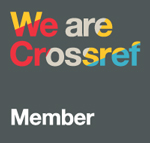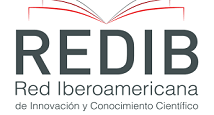Social ethics and human development in higher education: comparative analysis
DOI:
https://doi.org/10.51440/unsch.revistaeducacion.2022.20.230Keywords:
social ethics, human development, comparative analysis, religious literature, capabilities approachAbstract
This article offers to examine the main content related to two comparative socio-educational normative frameworks, based on dimensions in social ethics and human development. Contemporary religious literature raises referential content to ethical-social learning in accordance with individual moral thought, on the other hand, the globalized capabilities approach maintains that a utilitarian or mercantilist educational policy generates educational-training neglect in human development as a starting point. Methodologically, through the comparative analysis, parallel and contemporary basic premises are identified in both normative frameworks, since the premises in Jorge Bergoglio's literature hypothetically coincide with the related proposal of the capabilities approach of Amartya Sen and Martha Nussbaum. For this reason, the results are confirmed and derived based on a social ethical vision in human development with spiritual roots for higher education. Ordinarily, we highlight the relevance of focusing on both regulatory frameworks as a harmonic possibility of curricular improvement in higher education institutions, which aim to develop a graduate profile practicing skills and abilities. It is concluded that these premises are interpreted in an ethical-pragmatic key under three generic socioformative dimensions: economic-evolutionary, ethical-educational and social-spiritual; attached to the multi-thematic construction of substantial axes of action in competences and capacities for higher education.
Downloads
Downloads
Published
How to Cite
Issue
Section
Categories
License
Copyright (c) 2022 Adoniram Ramírez-Hernández

This work is licensed under a Creative Commons Attribution-NonCommercial 4.0 International License.





















